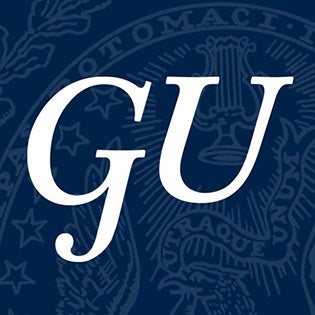DISSERTATION DEFENSE: LUCIANE MAIMONE
The Role of Crosslinguistic Influence from L2 Spanish, Type of Linguistic Item, and Aptitude in the Intake of L3 Portuguese Forms: An Explanatory Study
This study investigates facilitative (positive) and non-facilitative (negative) CLI from L2 Spanish in L3 Portuguese acquisition by speakers of L1 English, testing the hypotheses of different L3 acquisition models, such as the Typological Proximity Model (TPM), the Cumulative Enhancement Model and the Scalpel Model. To assess CLI effects on the intake of Portuguese forms, the performance of L2 Spanish speakers at initial states of Portuguese acquisition was compared to the performance non-Spanish speaking learners. The study also addresses the question of how CLI affects the intake of lexical versus morphosyntactic items. While this study does not pinpoint the exact mechanisms affected by CLI during input processing, it approaches CLI from a cognitive perspective, going beyond the simple verification of transfer and looking at prior knowledge as a cognitive factor in interaction with the analytical components of aptitude, operationalized as grammatical sensitivity (Part IV of the MLAT) and grammar inferencing (LLAMA-F). It also looks at how CLI affects different learning stages, following Leow’s (2015) model of L2 learning process. Participants were exposed to target forms in a laboratory condition and assessed at three points in time. Results confirmed non-facilitative CLI for lexical items and irregular past participles, and positive CLI for regular past participles, partially supporting the TPM and the Scalpel Model. Aptitude only correlated positively with the production and agreement of regular forms, but it had no mitigating effect on negative CLI.
Friday, March 31, 2017 at 2:00pm to 4:45pm
Edward B. Bunn, S.J. Intercultural Center, 37th and O St., N.W., Washington
- Tagged
- linguistics
- portuguese
